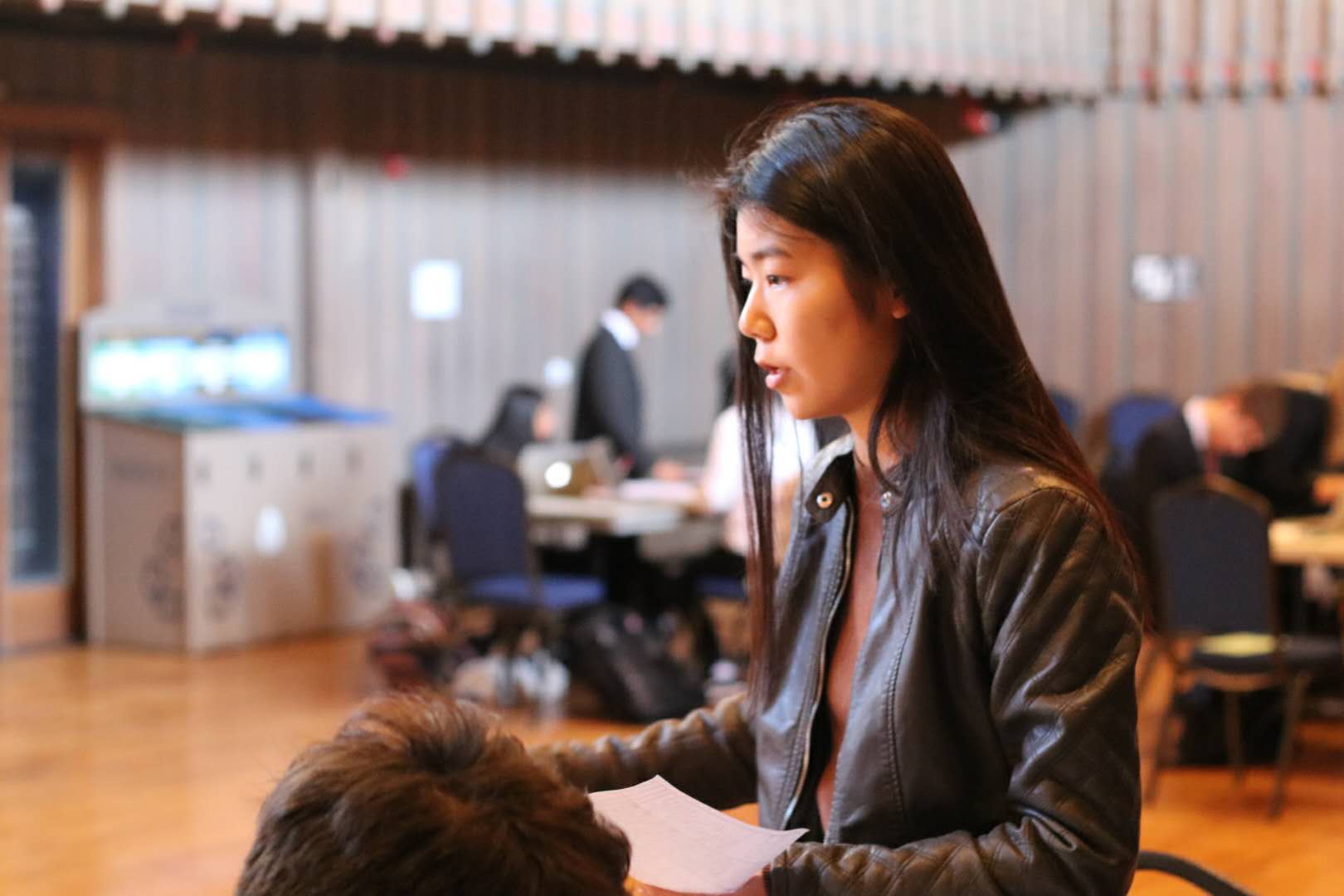Two debate opportunities you might not have known about
“Debate is the sport of rhetoric,” commented Max Fu (12), a committed debater.
Throughout the years, debate competitions have been spreading across China, and specifically high schools in Shanghai, including not only the international schools such as Shanghai American School (SAS) and Shanghai High School International Division (SHSID), but also in local schools.
The National High School Debate League in China (NHSDLC) and National Speech and Debate Association (NSDA) are international competitions that might appeal to our student body because of their format and global recognition.
Because debate is subjective, many organizations have pushed for transparent and accurate judging formats to ensure fairness in their competitions. NHSDLC and NSDA are both large-scale and accredited organizations––meaning that the judges’ criteria are standardized and the rubrics are view-able to the public. This guarantees participants relative fairness in their scores and ranking. Given the similar credibility in their basic judging principles, the main difference between the two, it seems, is how they regulate ground rules. NHSDLC is sponsored by a college prep organization Due West, which does not interfere with the debate process. However, NSDA is sponsored by a debate training center Enreach, causing bias in their tournament’s divisions of teams.
In terms of debate format, both competitions are public forums, a popular but more informal style of debate. Speech times are relatively short and the content is suited to a public audience–hence the name ‘public forum’. This, consequently, does not require participants to undergo debate training, which would open the door for our students to join. The debate topic is released months before the actual competition, and participants would have an adequate amount of time to prepare. SMIC-I students can fully exert their industriousness and intelligence in those areas.
NHSDLC is primarily targeted towards non-native English speakers, whereas NSDA is not. “They [NHSDLC] mainly focus on producing fairness for the local english as second speakers…so when i was there we had some advantage on english speaking,” Jenny Hua (12), SMIC debate club’s co-president, recalled. “[However,} I have to admit that…although they [local school debaters] don’t have as good english [speaking skills] as international students, they have perfect logic.” NSDA, in contrast, is a level higher in debate proficiency and professionalism. Many participants “have a whole team [behind them] to [help] prepare. [As a result,] they share those evidence packets, and their arguments are relatively similar and well constructed. So when I go to NSDA, our weapon is to basically show up with something new. [This way,] they’re not prepared to respond.”
Judging criteria, English level, and debate expertise are all factors that SMIC-I students should consider when signing up. But don’t worry, even if you are not trained or experienced in debate, it’s all about reaching out. “At first I didn’t know debate…but I like to argue…[and] I [eventually] fell in love with debate.” Jenny shared; The same applies to so many more loyal debaters out there, all enjoying the same eloquence, improvisation, and logic that debate brings simultaneously.
Featured Image – Marilyn Ben debating Courtesy of Learning Leaders

